Quick Tips for Giving Incredible Podcast Interviews
Have you ever started to listen to a podcast interview with a great topic but found that you couldn’t make it through the first 5 minutes?
You’re not alone. Since podcasting is a fast-growing medium, we haven’t all figured out how to best prepare for being interviewed on them.
Let’s say you’ve booked an interview with one of your favorite podcasters, and you’re hoping that the visibility will help you generate interest for your new group program, build your email list, or push you closer that coveted 10K “swipe up” feature on Instagram.
Whether it’s your first time being interviewed on a podcast or you’re looking to improve your conversions from someone hearing you on a podcast to following you, here are 5 quick tips that I tell all of my new clients.
TIP #1: PRACTICE YOUR ORIGIN STORY
Your “origin story” is the answer to the typical question, “Who are you, and what do you do?” that begins most podcast conversations.
Some people use this as an opportunity to offer labels or tell us all the timeline of how they got to where they are, but I think they miss out on the power of this open-ended question.
You want to use the next 30, 60, or 90 seconds (depending on the length of the overall interview) to tell a story that includes who you are, your bigger mission that drives you, your target client, and how you typically work with people.
It might seem like a lot, but you’ll soon realize that you can nail it in less than 60 seconds with a few drafts.
TIP #2: EXPLAIN JARGON
Agile. Stop gap. Tailwinds. CMS. Synergy!
It’s as simple as this. When someone doesn’t want what the word you used means, it stops them from listening to and understanding the message you’re trying to deliver.
It doesn’t always have to be industry jargon though. I have a client who has coined the term ‘PrimeTime’ to describe the opportunity that life after menopause has to offer you. That term can’t be dropped randomly in a conversation without explanation. So if you too have coined terms or phrases to describe how you work or what you believe in, make sure you take the extra time to define them.
Make a list of the common industry words that you find yourself using the next time you commiserate with a colleague. Then, find basic replacements for each of those words.
An exception, of course, would be if you’re being interviewed on a niche industry podcast. If the show is all about using agile in content marketing, go for it.
TIP #3: PAUSE.
While running events for Alexia Vernon over the years, I heard her say one line repeatedly, “Remember to pause.”
Alexia is a speaking coach, and one of the most powerful tools she coached her clients on was the ability to artfully insert a pause during a presentation.
It adds impact to your message and helps you guide the audience to the most important pieces of your message.
TIP #4: BRING IN YOUR KNOWLEDGE OF THE SHOW OR THE HOST.
Since you did the work of getting to know your host and the show while you were pitching them, you can continue to build a rapport by bringing home how your advice directly relates to the challenges that their audience is dealing with.
Try on phrases like:
Your listeners are ambitious side-hustlers, so they know what I mean when I say…
Many of your listeners are likely at that stage in business where growth has plateaued, and if you’re listening and that’s you, here’s what I have to tell you…
What I learned, and what I’m sure many of your listeners have picked up as well, is that...
TIP #5: SHOW A LITTLE SKIN.
You’re in a long-form conversation, so part of your job is to tell engaging stories. Not all of them have to be super transparent or raw, but they do have to contain truth and emotion.
I’m not saying that you have to talk about pregnancy loss for the first time on a podcast interview with a stranger. To be clear, I highly recommend against doing that. What I am saying is that the challenging, triumphant or even seemingly mundane experiences we’ve processed and have worked through are ripe with storytelling potential.
And don’t be scared to become choked up if that emotion exists in your narrative. In fact, if you get emotional, make it known.
Say something like
Emotion actually comes up as I talk about this.
I still get emotional when I think about this experience.
